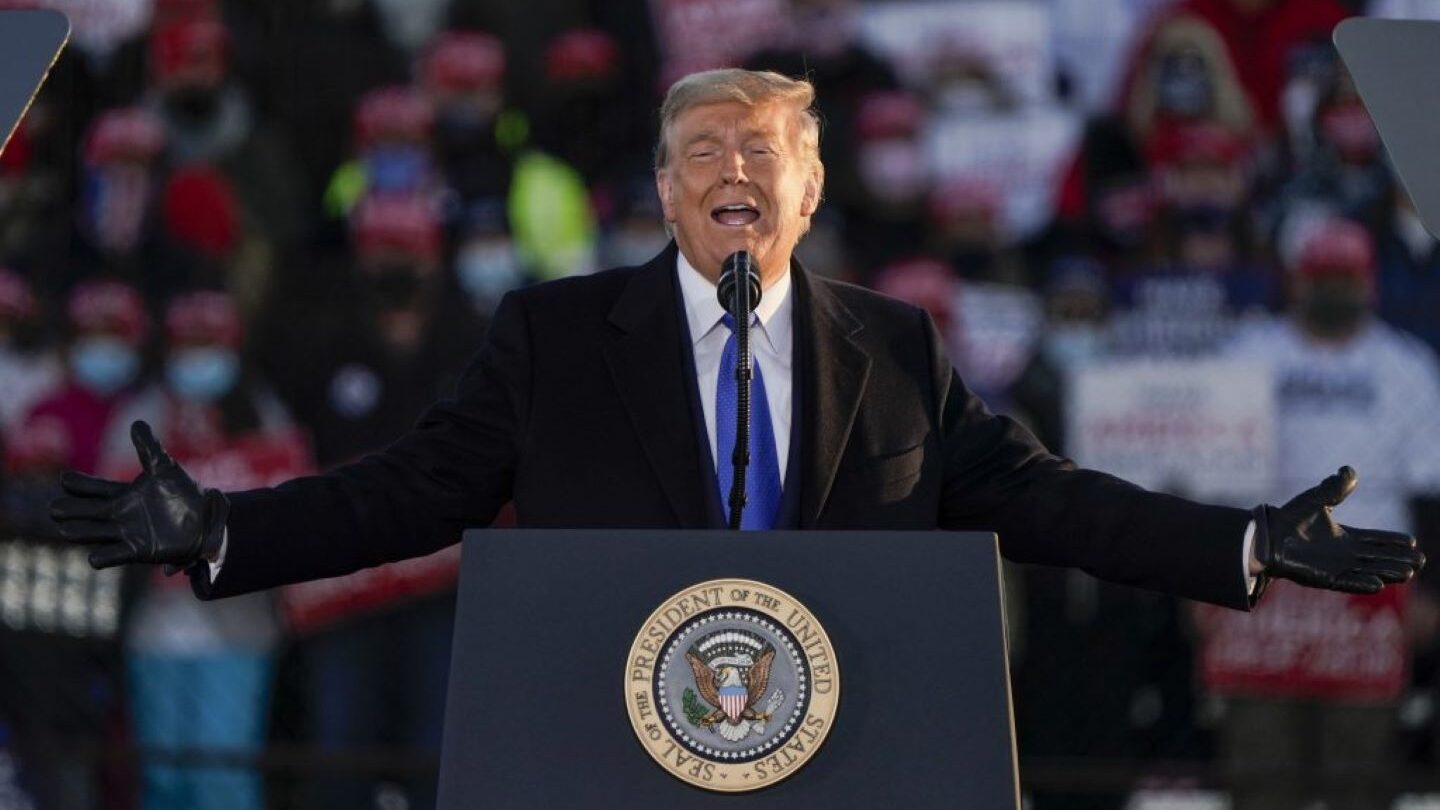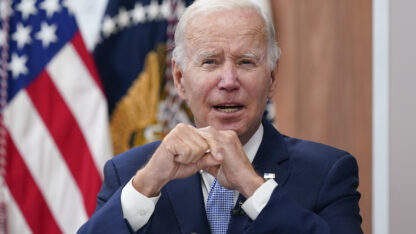A House committee seeking financial records from former President Donald Trump has reached an agreement that ends litigation on the matter and requires an accounting firm to turn over some of the material, the panel’s leader announced Thursday.
The long-running case began in April 2019, when the House Committee on Oversight and Reform first subpoenaed a wealth of records from Trump’s then-accounting firm, Mazars USA. The committee cited testimony from Trump’s former attorney, Michael Cohen, that it said raised questions about the president’s representation of his financial affairs when it came to seeking loans and paying taxes.
Under the agreement, Trump has agreed to end his legal challenges to the subpoena and Mazars USA has agreed to produce responsive documents to the committee as expeditiously as possible, said Rep. Carolyn Maloney, D-N.Y., who heads the committee.
“After numerous court victories, I am pleased that my committee has now reached an agreement to obtain key financial documents that former President Trump fought for years to hide from Congress,” Maloney said.
Trump is facing investigations on several fronts, including the storage of top-secret government information discovered at Trump’s Mar-a-Lago home and whether the former president’s team criminally obstructed the inquiry. In Georgia, prosecutors are investigating whether he and allies illegally tried to interfere in the 2020 presidential election. Meanwhile, congressional committees are following through on investigations that began when he was president.
The settlement over Mazars follows a July decision by a federal appeals court in Washington that narrowed what records Congress is entitled to obtain. The court said the committee should be given records pertinent to financial ties between foreign countries and Trump or any of his businesses for 2017-18.
The appeals court also ordered Mazars to turn over documents between November 2016 and 2018 relating to the Trump company that held the lease granted by the federal government for the former Trump International Hotel, located between the White House and the Capitol.
In the decision, the court said Trump’s financial records would “advance the Committee’s consideration of ethics reform legislation across all three of its investigative tracks,” including on presidential ethics and conflicts of interest, presidential financial disclosures, and presidential adherence to Constitutional safeguards against foreign interference and undue influence.
The House investigation dates February 2019, when Trump’s former personal attorney, Cohen, testified to the committee that Trump had a history of misrepresenting the value of assets to gain favorable loan terms and tax benefits.
Cohen served time in federal prison after pleading guilty in 2018 to tax crimes, lying to Congress and campaign finance violations, some of which involved his role in orchestrating payments to two women to keep them from talking about alleged affairs with Trump.
But his testimony prompted the committee to seek key financial documents from Mazars, and in April 2019, the committee issued a subpoena to Mazars seeking four targeted categories of documents.
The following month, Trump sued to prevent Mazars from complying with the subpoena. The case has been winding its way through the court system since.
Mazars earlier this year said it had cut ties with Trump and warned that financial statements the firm had prepared for Trump “should no longer be relied upon” by anyone doing business with him.
Another House committee, the House Ways and Means Committee, has been seeking Trump’s tax returns and waging its own litigation. In that case, a three-judge appellate court panel agreed last month with a lower court’s decision in favor of Congress and that the Treasury Department should provide the tax returns to the committee.
The Justice Department, under the Trump administration, had defended a decision by then-Treasury Secretary Steven Mnuchin to withhold the tax returns from Congress. Mnuchin argued that he could withhold the documents because he concluded they were being sought by Democrats for partisan reasons. A lawsuit ensued.
After Biden took office, the committee renewed the request, seeking Trump’s tax returns and additional information from 2015-2020. The White House took the position that the request was a valid one and that the Treasury Department had no choice but to comply. Trump then attempted to halt the handover in court.









